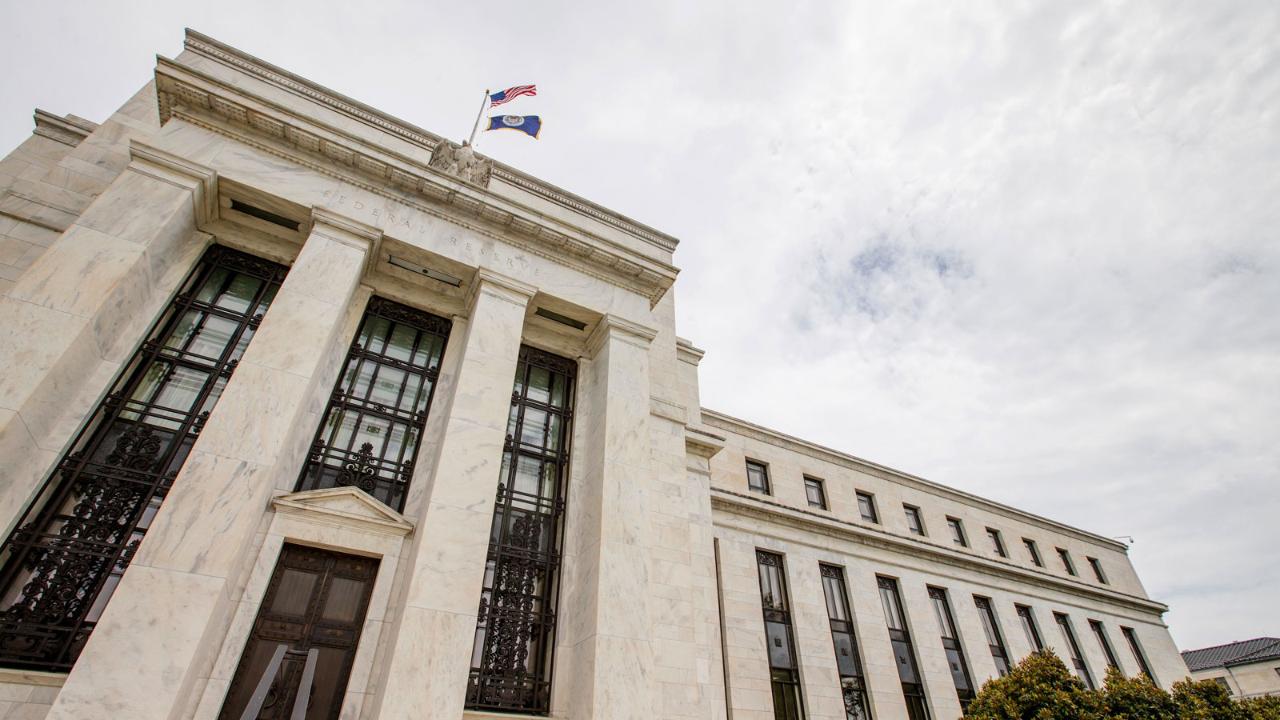Interest rates should remain on hold amid trade uncertainty: Boston Fed president
President of the Boston Federal Reserve Eric Rosengren believes the U.S. central bank needs to keep interest rates on hold given the prolonged uncertainty surrounding U.S.-China trade negotiations and muted inflation rates.
“The two elements of the Fed’s mandate are sending opposing signals for monetary policy, with low unemployment perhaps suggesting a bit tighter policy, and low inflation the opposite,” Rosengren said during a speech on Tuesday at the Economic Club of New York.
While he noted that lower inflation might indicate the Fed needs to set a “somewhat accommodative, or looser, policy stance,” he also suggested that policymakers can afford to wait to see whether inflation moves closer to 2 percent.
At their April meeting, Fed policymakers signaled there would be no interest rate hikes for the remainder of 2019 in light of global economic and financial developments, as well as muted inflation. The Fed’s preferred measure of inflation registered just 1.5 percent in March, well below its 2-percent target range -- a main reason that policymakers chose to halt further interest rate rises.
Rosengren also said that the inflation rate is likely to move closer to 2 percent with the latest imposition of tariffs, although he warned that prolonged and widespread tariffs would ultimately cause the economy to slow.
“The uncertainty surrounding U.S.-China trade negotiations poses a potential downside risk to this forecast,” he said in prepared remarks. “If the trade uncertainty is prolonged, financial markets could retrench further, and households and firms could curtail spending.”
Tariffs could ultimately provoke a “violent” reaction from the markets and cause overall economic growth to slow, he noted, but he expects the world’s two largest economies to eventually reach a deal, meaning any residual effect on the economy or markets will likely be transitory.
CLICK HERE TO GET THE FOX BUSINESS APP
Rosengren is a voting member of the 10-person Federal Open Market Committee this year.




















